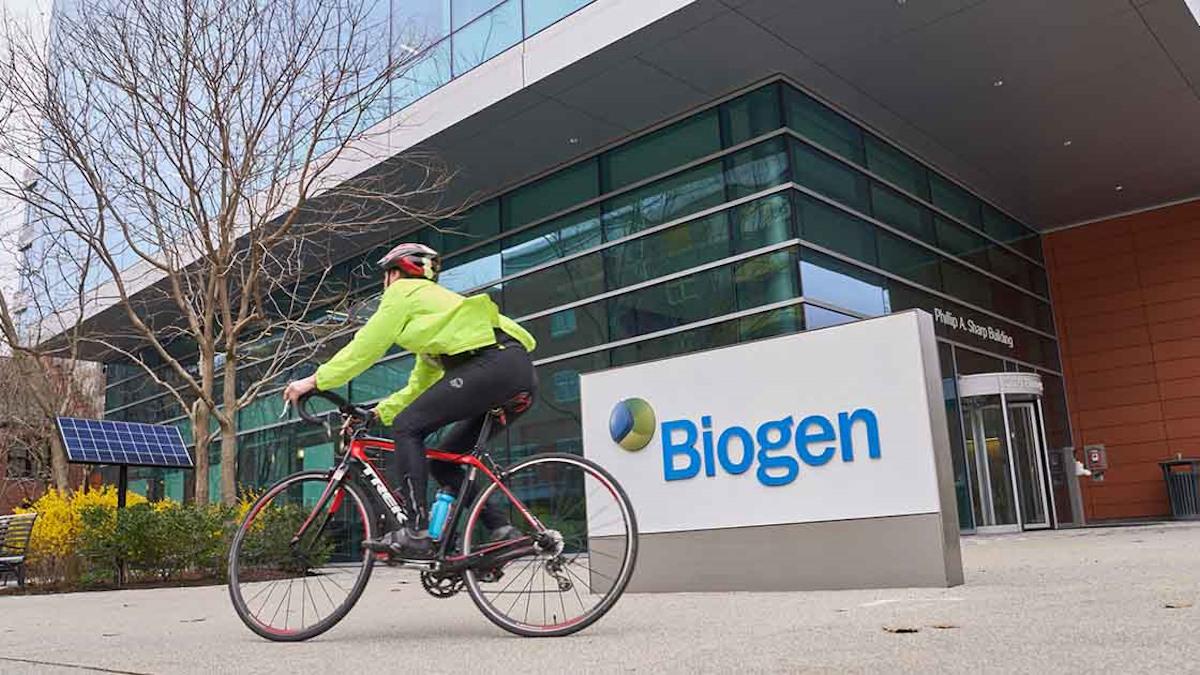Eisai, Biogen eye 2025 approval for Leqembi autoinjector

Eisai and Biogen have completed their rolling biologics license application in the US for a subcutaneous formulation of Alzheimer's disease therapy Leqembi previously delayed by the FDA on procedural grounds.
The application covers a once-weekly autoinjector formulation of the anti-amyloid antibody Leqembi (lecanemab), after a biweekly intravenous induction course, and would do away with the regular hour-long clinic visits needed with the current intravenous version.
If approved, the less burdensome version of Leqembi could be used to treat patients at home or in medical facilities, help Eisai and Biogen differentiate Leqembi from Eli Lilly's recently approved rival Kisunla (donanemab), and potentially speed up take-up of their drug, which remains fairly sluggish.
Lilly has not revealed any plans to develop a subcutaneous form of Kisunla, but is developing both IV and subcutaneous forms of its follow-up amyloid drug remternetug, which is in phase 3 testing.
The FDA has awarded fast-track status for subcutaneous Leqembi but so far hasn't accepted the filing and indicated when it plans to complete a review.
Eisai and Biogen had planned to file their rolling BLA sooner using the existing fast-track designation for intravenous Leqembi but were rebuffed by the US regulator, which said they needed to file a separate application to claim a speedy review for subcutaneous Leqembi.
Meanwhile, the partners have also filed to extend the label for Leqembi to include a new maintenance dosing regimen that would reduce the number of intravenous infusions to one per month.
The original IV formulation of Leqembi has been cleared for treating Alzheimer's patients with mild cognitive impairment or mild dementia in the US, Japan, China, South Korea, Hong Kong, Israel, UAE, and GB so far, although recent regulatory decisions in the EU and Australia went against approval. The EU is carrying out a re-examination of the drug which is due to complete later this year.
Biogen reported this week that sales of the drug reached $67 million in the third quarter – including $39 million in the US – which fell short of the company's expectations.
It said the prescriber base for the drug had not expanded as expected, but added that an expansion in its salesforce, which was completed in September, could accelerate take-up, along with the potential launch of the monthly IV and subcutaneous doses for maintenance next year.
Chief executive Chris Viehbacher said on Biogen's results call that a plan to extend the use of the subcutaneous injector into the induction phase of treatment could be a "game changer." The company hopes to have approval for that indication in the first quarter of 2026.












